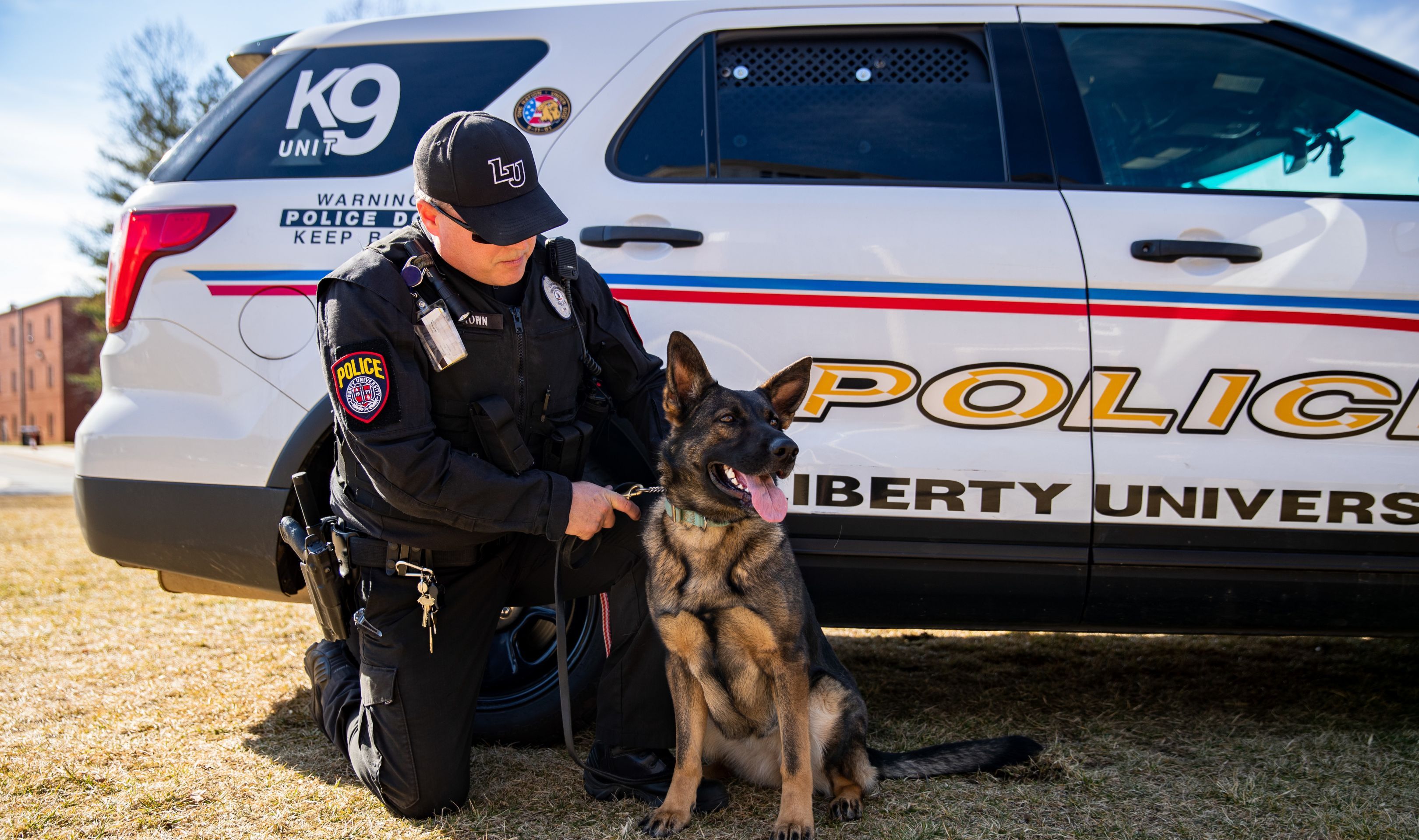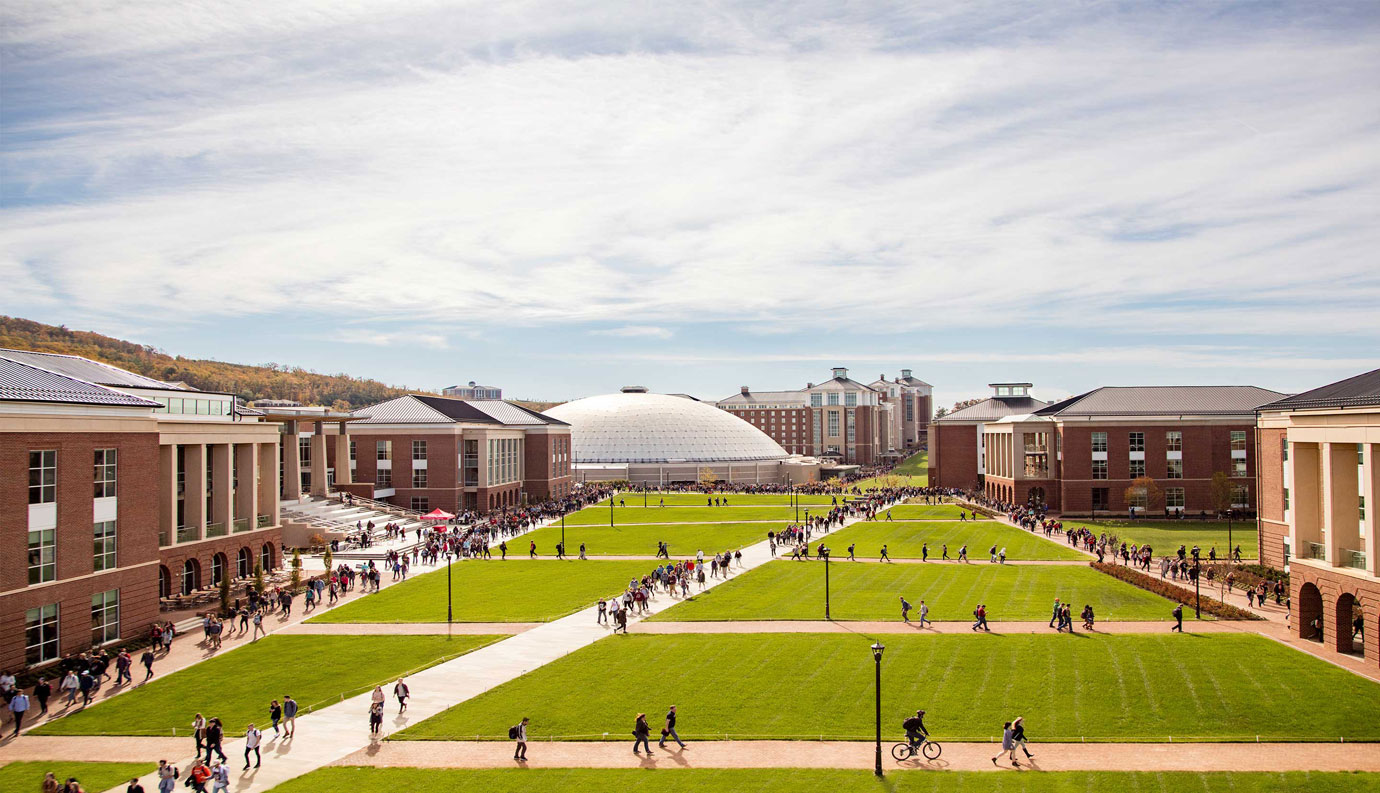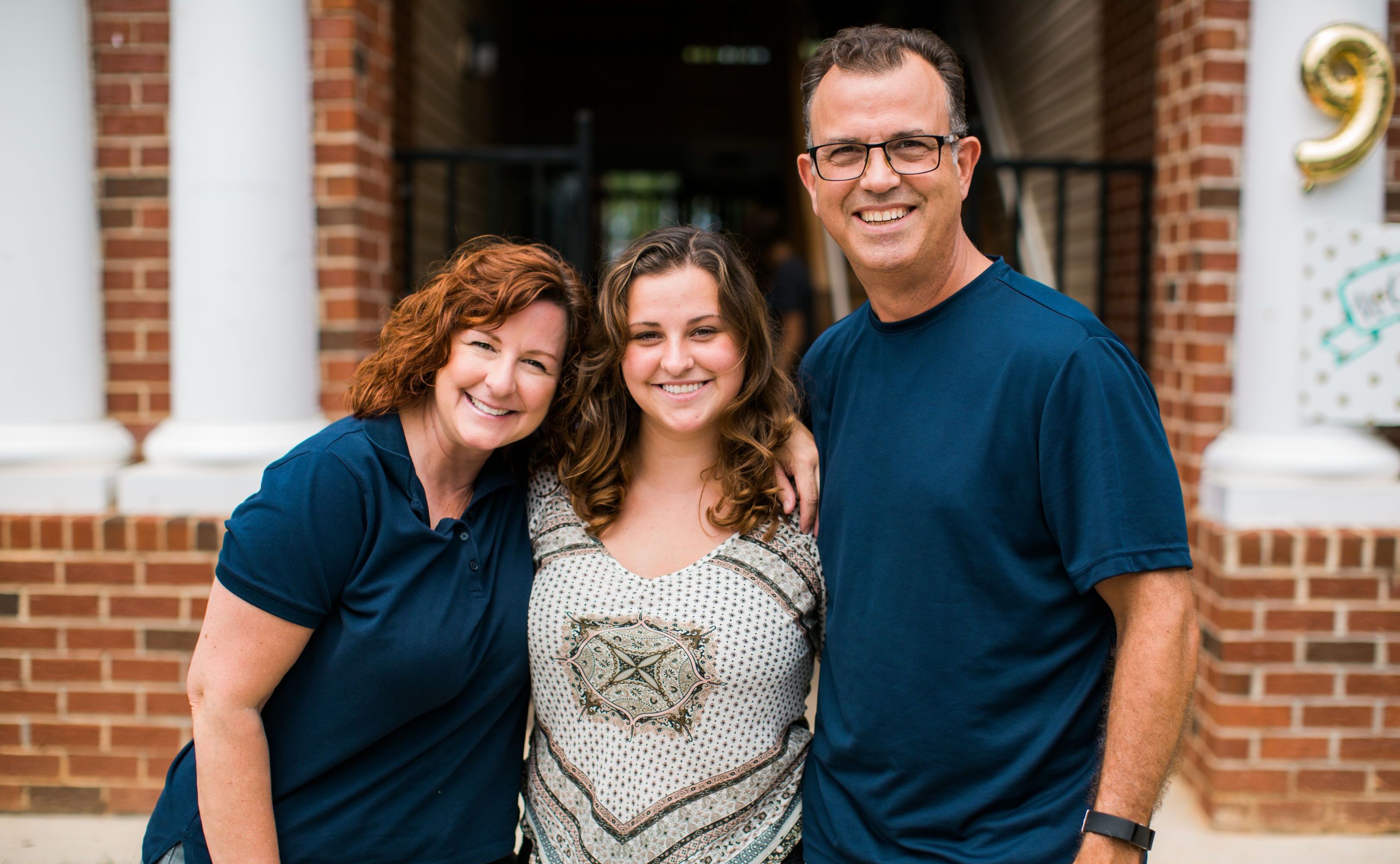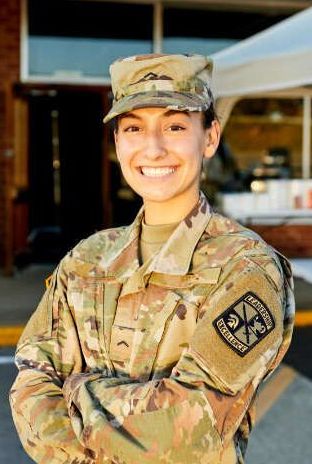Bachelor of Science in Forensic Science
Defend the Innocent with a Bachelor’s Degree in Forensic Science
Imagine a career that allows you to make a difference in the lives of countless victims. If you’ve ever watched shows or documentaries about the men and women responsible for analyzing trace evidence, you know how much training goes into their work.
Earning a bachelor’s degree at a school with distinguished faculty and facilities can prepare you with the real-world experience you need for a successful career in forensic science. Our program can help you land positions in criminology, investigation, toxicology, and forensic consulting. Whether you want to work in a lab or out in the field, a bachelor’s degree in forensic science will equip you for success.
Pursue Your Degree in Forensic Science with Confidence
- Liberty University is one of only fifty institutions nationwide whose forensic science program has been awarded accreditation from the Forensic Science Education Programs Accreditation Commission (FEPAC).
- We have strong relationships with local, regional, and national forensic science laboratories. These labs include the Toxicology Section of the Office of the Chief Medical Examiner (OCME) in Washington, D.C.; the Virginia Department of Forensic Science in Roanoke, VA; NMS Laboratories in Willow Grove, PA; the Bode Technology Group in Lorton, VA; and Parabon Nanolabs, Inc. in Reston, VA.
- Our degree is designed to provide you the perfect mix of chemistry, biology, and criminal justice training to prepare for a wide range of job opportunities in the forensic science field.
What Will You Learn?
- Various fundamental sciences, including organic and analytical chemistry, human anatomy, genetics, microbiology, and physics
- Research, writing, and criminal investigation practices for the field of criminal justice
- Methods used in forensic DNA and trace evidence analysis
- Hands-on lab experience with DNA analysis
Career Opportunities for Graduates of Our Forensic Science Bachelor’s Degree
- Criminal investigator
- Criminalist
- Evidence technician
- Forensic consultant
- Forensic toxicologist/examiner
- Trace evidence technician
Hands-On Training Available to Our Forensic Science Bachelor’s Degree Students
- We offer a Washington Fellowship program, which allows you to spend a semester gaining invaluable experience working in the heart of D.C. Imagine working with the FBI, NCIS, or even the District of Columbia OCME while pursuing your bachelor’s degree!
- These internship settings will allow you to receive academic internship credit while learning valuable life skills that can be used in the professional forensic science field or to pursue graduate studies.
- Our professors are always looking for ways to tie forensics industry trends into the projects their students are completing. Renowned DNA expert J. Thomas McClintock, Ph.D., has spent his time at Liberty helping students bring about justice through more hands-on, real-world experiences.
- There are many opportunities to be involved in research projects with faculty as an undergraduate student. Our students analyze real blood samples and trace evidence in their studies.
Admission Requirements for Our Undergraduate Degree Programs
Every application is reviewed by the admission committee on a case-by-case basis, meaning there are no set minimums for acceptance. However, all applicants must submit the following documents* for admission:
- Admission application
- Official high school transcripts
- Official college transcripts (if applicable)
- Results from the CLT, SAT, or ACT are not required for admission, but may be used in consideration for merit-based aid.
- Admission essay
*Note that additional documentation may be requested by the admission committee after your application has been received.
Bachelor of Science in Forensic Science
Pursue Your Degree in Forensic Science with Confidence
- Liberty University is one of only fifty institutions nationwide whose forensic science program has been awarded accreditation from the Forensic Science Education Programs Accreditation Commission (FEPAC).
- We have strong relationships with local, regional, and national forensic science laboratories. These labs include the Toxicology Section of the Office of the Chief Medical Examiner (OCME) in Washington, D.C.; the Virginia Department of Forensic Science in Roanoke, VA; NMS Laboratories in Willow Grove, PA; the Bode Technology Group in Lorton, VA; and Parabon Nanolabs, Inc. in Reston, VA.
- Our degree is designed to provide you the perfect mix of chemistry, biology, and criminal justice training to prepare for a wide range of job opportunities in the forensic science field.
What Will You Learn?
- Various fundamental sciences, including organic and analytical chemistry, human anatomy, genetics, microbiology, and physics
- Research, writing, and criminal investigation practices for the field of criminal justice
- Methods used in forensic DNA and trace evidence analysis
- Hands-on lab experience with DNA analysis
Career Opportunities for Graduates of Our Forensic Science Bachelor’s Degree
- Criminal investigator
- Criminalist
- Evidence technician
- Forensic consultant
- Forensic toxicologist/examiner
- Trace evidence technician
Hands-On Training Available to Our Forensic Science Bachelor’s Degree Students
- We offer a Washington Fellowship program, which allows you to spend a semester gaining invaluable experience working in the heart of D.C. Imagine working with the FBI, NCIS, or even the District of Columbia OCME while pursuing your bachelor’s degree!
- These internship settings will allow you to receive academic internship credit while learning valuable life skills that can be used in the professional forensic science field or to pursue graduate studies.
- Our professors are always looking for ways to tie forensics industry trends into the projects their students are completing. Renowned DNA expert J. Thomas McClintock, Ph.D., has spent his time at Liberty helping students bring about justice through more hands-on, real-world experiences.
- There are many opportunities to be involved in research projects with faculty as an undergraduate student. Our students analyze real blood samples and trace evidence in their studies.
Admission Requirements for Our Undergraduate Degree Programs
Every application is reviewed by the admission committee on a case-by-case basis, meaning there are no set minimums for acceptance. However, all applicants must submit the following documents* for admission:
- Admission application
- Official high school transcripts
- Official college transcripts (if applicable)
- SAT, ACT, or CLT scores (Liberty University is offering test-optional admission through Fall 2022 acceptance)
- Admission essay
*Note that additional documentation may be requested by the admission committee after your application has been received.
Credit Hours

Available On Campus
Class Type
Residential
Transfer Credits
Transfer in up to 75% of the degree total
Next Start Date
Aug 18, 2025
Accreditation
FEPAC





